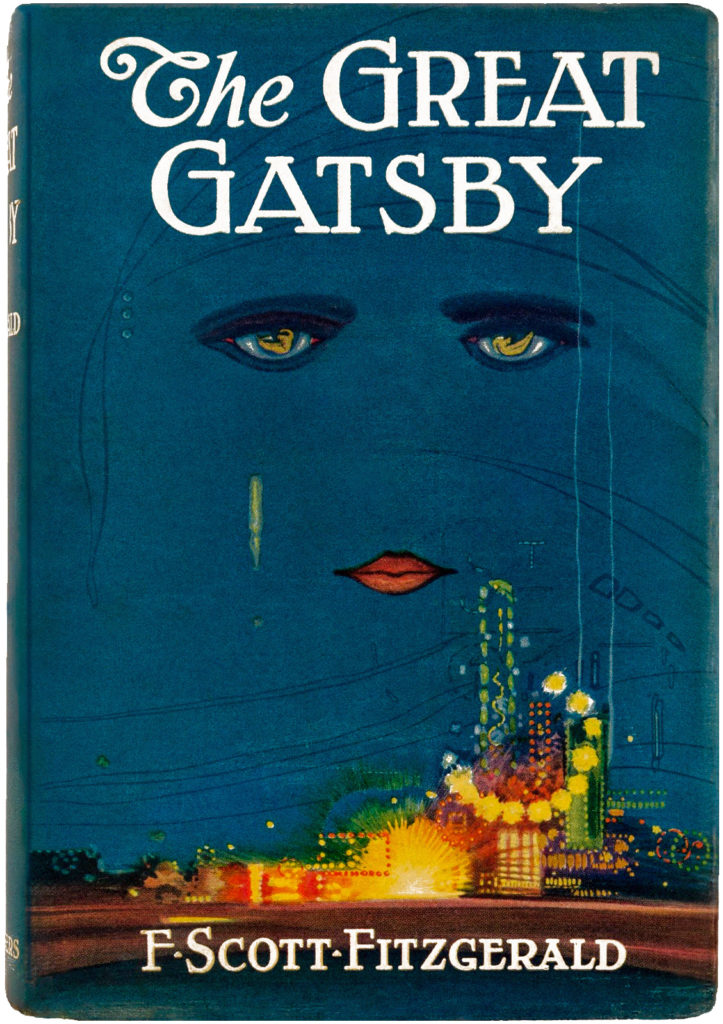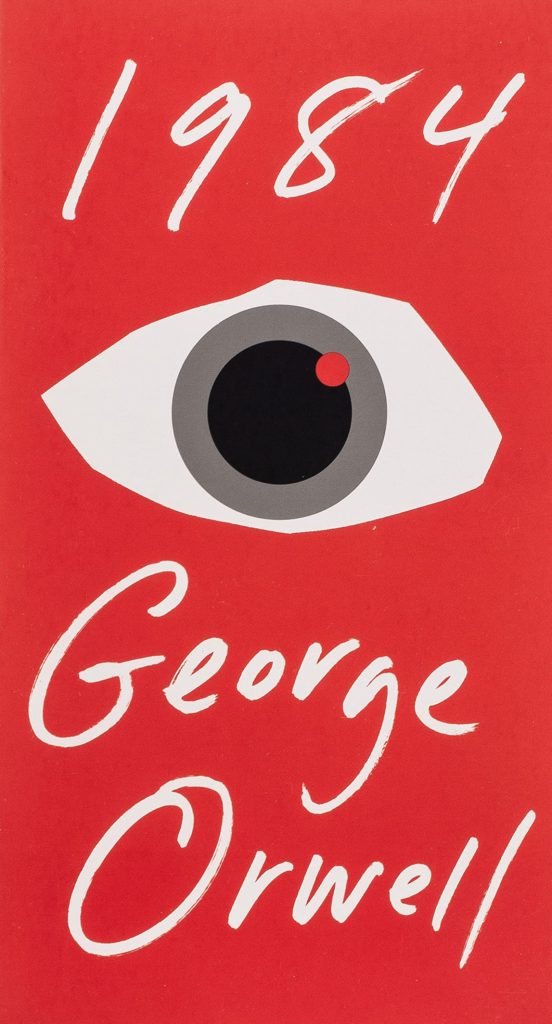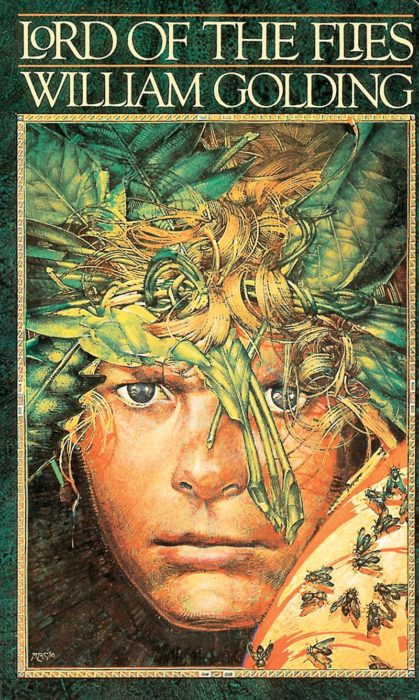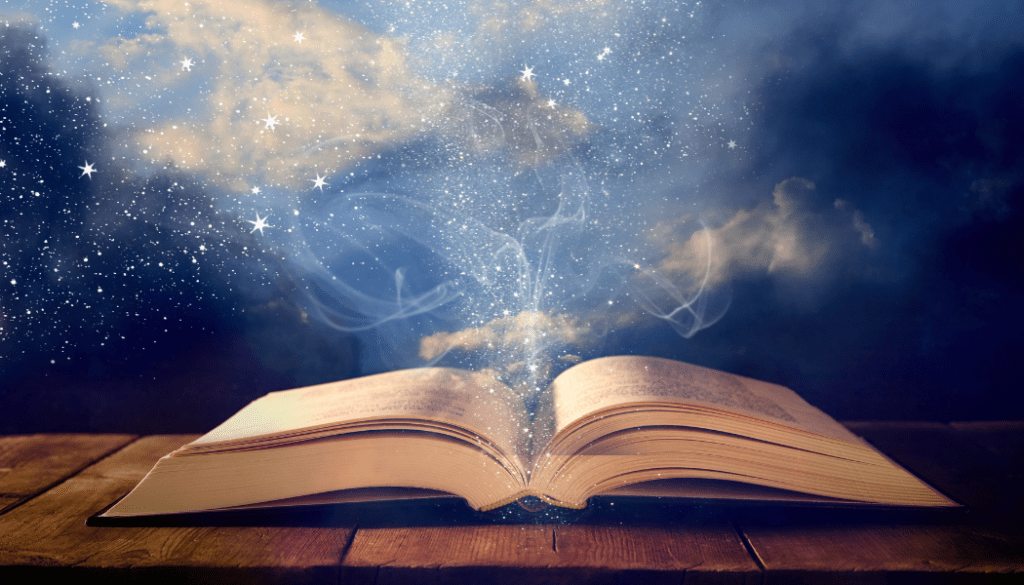Why Read Literature?
 Why Read? There are many reasons that are presented to us throughout our lives, from grade school all the way into adulthood—we read to exercise our minds, chase our curiosity, build our vocabulary, study for a test, experience a story, or travel to a different world that exists between the covers. But all of these reasons for reading could easily explain why we read modern books, texts that were written in recent years and reflect our current culture, society, and language in a way that’s comprehensible, digestible, and relatable. Therefore, with so many books being penned and published every year that reside on the cutting edge of time, a question inevitably pops into the head of the reader—why read old books? Why consume classic literature? This is the theme we will discuss…
Why Read? There are many reasons that are presented to us throughout our lives, from grade school all the way into adulthood—we read to exercise our minds, chase our curiosity, build our vocabulary, study for a test, experience a story, or travel to a different world that exists between the covers. But all of these reasons for reading could easily explain why we read modern books, texts that were written in recent years and reflect our current culture, society, and language in a way that’s comprehensible, digestible, and relatable. Therefore, with so many books being penned and published every year that reside on the cutting edge of time, a question inevitably pops into the head of the reader—why read old books? Why consume classic literature? This is the theme we will discuss…
The Classics: From Boring Headache to Inspiring Awareness
 The definition of what constitutes literature is fluid and amorphous—rather or not a book can be considered a legitimate literary classic or a mere popular work is often the subject of debate, but some texts are certainly classics without question. Examples of literature in this vein are the works of Shakespeare, the epic poems of Homer, Milton, and Dante, the sonnets of Petrarch and Keats, the satire of Pope, Voltaire, and Byron, the novels of Dickens, Melville, and Twain. The classics are etched into the fabric of western civilization, and we all encounter them throughout our time in school. But more often than not for students, works of literature are mere tickets to Sparknotes or Shmoop, sources of headaches and confusion, and fountains of boredom, the merit and value of which is lost on the young reader. As a person in their twenties who now possesses a passion for many literary classics, I would not have said the same about myself ten years ago. I often found myself mystified in high school as to how someone could genuinely enjoy reading texts like Hamlet that were simply difficult to understand, or The Iliad that was compelling in theory, but a lot less entertaining than a movie like Troy, which portrays similar subject matter in a much more palatable form. I preferred films to books, songs to poems. I remember my primary motive for reading classic literature in high school was to do well on reading quizzes or tests, not for pleasure or out of interest. However, this all changed in college when I realized the true purpose of literature, and the main reason for its importance—understanding humanity.
The definition of what constitutes literature is fluid and amorphous—rather or not a book can be considered a legitimate literary classic or a mere popular work is often the subject of debate, but some texts are certainly classics without question. Examples of literature in this vein are the works of Shakespeare, the epic poems of Homer, Milton, and Dante, the sonnets of Petrarch and Keats, the satire of Pope, Voltaire, and Byron, the novels of Dickens, Melville, and Twain. The classics are etched into the fabric of western civilization, and we all encounter them throughout our time in school. But more often than not for students, works of literature are mere tickets to Sparknotes or Shmoop, sources of headaches and confusion, and fountains of boredom, the merit and value of which is lost on the young reader. As a person in their twenties who now possesses a passion for many literary classics, I would not have said the same about myself ten years ago. I often found myself mystified in high school as to how someone could genuinely enjoy reading texts like Hamlet that were simply difficult to understand, or The Iliad that was compelling in theory, but a lot less entertaining than a movie like Troy, which portrays similar subject matter in a much more palatable form. I preferred films to books, songs to poems. I remember my primary motive for reading classic literature in high school was to do well on reading quizzes or tests, not for pleasure or out of interest. However, this all changed in college when I realized the true purpose of literature, and the main reason for its importance—understanding humanity.
A Window to Better Understand Others. And Yourself.
 To me, what literature does is open a window to the entire scope of the human experience—from Homer and Shakespeare to Orwell and Steinback, literature casts light on what it means to be a person, demonstrating the timeless that exists through time, showing us that the joys, pains, and emotions that we go through every day have already been felt by countless individuals who came before us. In my opinion, literature is the most elegant, detailed, and enduring depiction of this universality. There are few finer intellectual moments than seeing myself in the characters and thoughts of writers who lived hundreds and even thousands of years ago. The best works of literature retain their importance because the reality portrayed by their fiction belongs to the past, present, and future, not merely to the era in which they were written.
To me, what literature does is open a window to the entire scope of the human experience—from Homer and Shakespeare to Orwell and Steinback, literature casts light on what it means to be a person, demonstrating the timeless that exists through time, showing us that the joys, pains, and emotions that we go through every day have already been felt by countless individuals who came before us. In my opinion, literature is the most elegant, detailed, and enduring depiction of this universality. There are few finer intellectual moments than seeing myself in the characters and thoughts of writers who lived hundreds and even thousands of years ago. The best works of literature retain their importance because the reality portrayed by their fiction belongs to the past, present, and future, not merely to the era in which they were written.
Think your kids have too much screen-time? Check out Nicole’s blog about this here:
Screen Time vs. Reading Time
Gifts from the Past for Perspective Today
 Reading social commentaries like those of Voltaire and Orwell is a prime means to make sense of events and trends in modern society—their perspectives are untainted by contemporary prejudice and allegiances, and writers of the past are excellent guides in showing us not necessarily what to think, but rather how to think, or even how not to think in some instances. Poets like Petrarch, Shakespeare, Byron, Keats, Whitman, and Frost employ language of unrivaled beauty to describe feelings that will endure for the rest of the human story. Many philosophers have shown that all we’ll ever truly know is the perception that exists in our own head, a shadowy realm of thoughts and images that our surroundings mold for us, but the power of literature is that it carries us into the worlds of genuinely great minds, assisting us in understanding both our own humanity and that of others. Literature enables us to feel less alone in our human experience and to develop empathy; it nourishes the mind, consoles the soul, and builds the intellect. Like all of the finest things in life, literature is not without its challenges, but the rewards for perseverance through its pages are immense.
Reading social commentaries like those of Voltaire and Orwell is a prime means to make sense of events and trends in modern society—their perspectives are untainted by contemporary prejudice and allegiances, and writers of the past are excellent guides in showing us not necessarily what to think, but rather how to think, or even how not to think in some instances. Poets like Petrarch, Shakespeare, Byron, Keats, Whitman, and Frost employ language of unrivaled beauty to describe feelings that will endure for the rest of the human story. Many philosophers have shown that all we’ll ever truly know is the perception that exists in our own head, a shadowy realm of thoughts and images that our surroundings mold for us, but the power of literature is that it carries us into the worlds of genuinely great minds, assisting us in understanding both our own humanity and that of others. Literature enables us to feel less alone in our human experience and to develop empathy; it nourishes the mind, consoles the soul, and builds the intellect. Like all of the finest things in life, literature is not without its challenges, but the rewards for perseverance through its pages are immense.
A Magical Conversation with a 500-Year Old? Just Turn the Page...
Reading a great book is like having a mental conversation with a person who may have lived centuries ago—literary classics are time machines that bounce the reader across the sweeping expanse of human history, and there is genuine magic within them. To discover this magic for yourself, you need only pick up the book and turn the page…
Written by Charlie Stewart, experienced teacher of History, Writing, English Literature, and Spanish

If you need help with your English Literature or writing project, we'd love to talk with you!
Learn more about College Tutors & Proficiency Builders
Think your kids have too much screen-time? Check out Nicole’s blog about this topic here:





